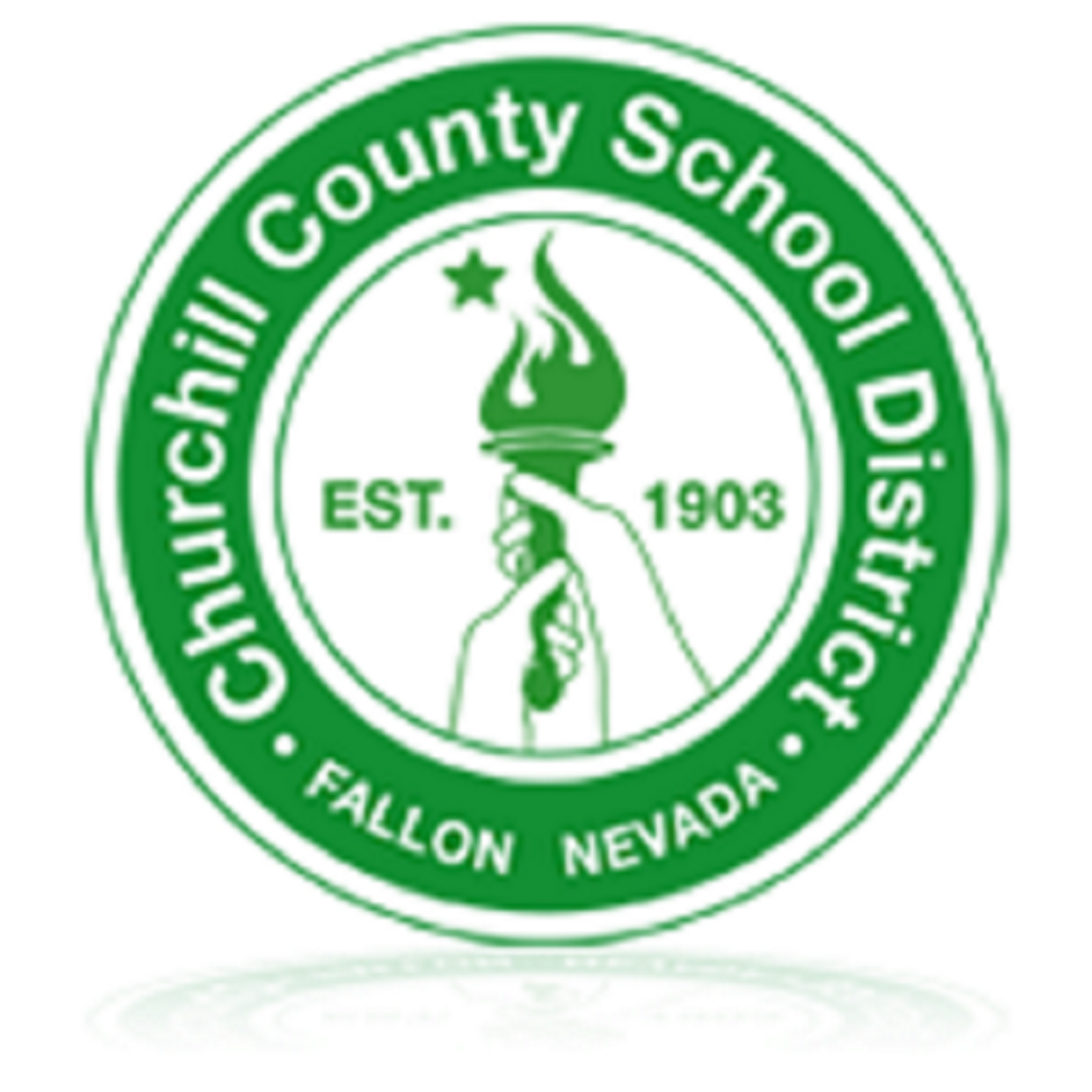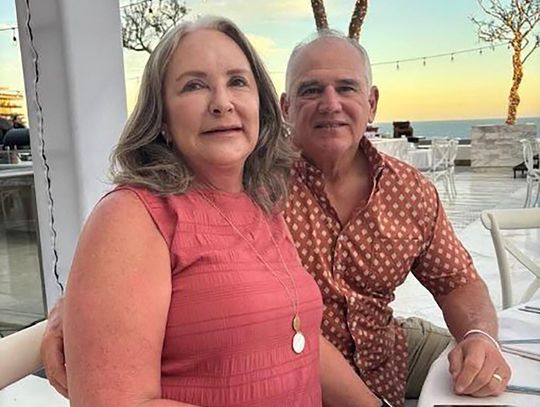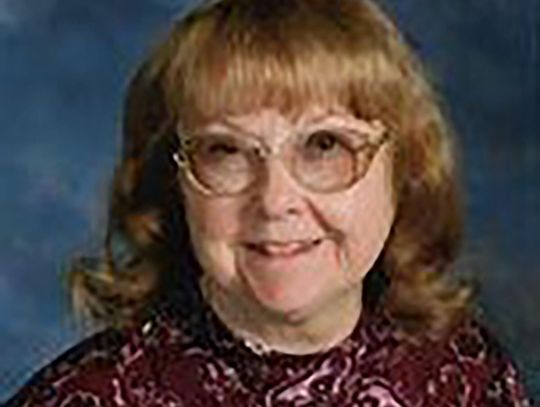The Churchill County School Board met on December 16th to approved the new contract with the Nevada Classified School Employees Association, to discuss Positive Behavioral Interventions at the Middle School, and discuss the latest COVID data.
2018-2020 Negotiated Agreement with Classified Staff Approved
At the recent Churchill County School Board meeting, trustees voted to approve the agreement between the school district and the Nevada Classified School Employees Association. Trustees discussed the agreement during a closed session and then during the open meeting voted unanimously to approve it. Trustees came to agreement with the association, resolving the issue of tasks assigned to Maintenance and Account Technicians, providing for two days off for 260-day employees, an extra day off work for classified staff who are not 260-day employees, and a $100 bonus for all classified employees.
The fiscal impact of proposed changes to the 2018-2020 School Year Negotiated Agreement between Churchill County School District and the Nevada Classified School Employees Association was presented by Christi Fielding, CCSD comptroller. She explained that the cost for one additional day for all non-260 employees would be $20,541 and the cost for the bonus would be $15,939.40, bringing the total financial impact to $36,480.40. This is a one-time agreement. There were also changes to wording in Article 23-5 and 25, dealing with busing issues and seniority.
Positive Behavioral Interventions at the Middle School
In other business, trustees heard a report from Deena Porretta regarding the Positive Behavioral Interventions and Support program that was instituted at Churchill County Middle School in 2019. Porretta provided data and statistics showing the impacts since the program began. Staff has given out 1,799 Gerka Greens (incentive coupons students can use for rewards) to in-class students and 87 to COLA students to acknowledge students who take positive actions. Negative behavior incidents are down from 630 in 2019 to currently only 71. Under the current conditions, only half the number of students are in the building at one time, and teacher-student contact is more accessible.
Trustee Strasdin asked about the size of the PBIS team at CCMS and the teachers’ reactions to restorative practices in their classrooms. Porretta said she feels the team of 21 at CCMS is relatively large. Brad Barton, vice-principal of CCMS, shared that restorative practices were relatively new to many of the staff, but with the low number of incidents and reduced number of students in the classes at one time, they haven’t been able to implement many of their practices.
Trustee Schank asked about the reactions of staff to the program as a whole. Porretta shared that she found the teachers were very responsive to the program. Schank also commented on the positive value for having a clear understanding by students and staff as to what distinguishes between minor and major offenses, and the consistency in dealing with such infractions.
Trustee Whitaker asked if there was a change in teachers’ attitudes towards students and their own behavior. Porretta explained that the creation of minor and major disciplinary incidents was a team effort that included teachers’ input. This support with consistency and follow through appears to have a positive effect on students understanding expectations from the staff.
COVID Update
Superintendent Stephens also gave the latest COVID data, saying that as of December 15th, there have been 53 positive student cases and 24 positive cases involving staff. Exclusions, when a student is required to stay at home, are at 1,189. At this time, exclusions are still for 14 days as the district awaits a change from the state to the new guidelines given out by the CDC, which is 10 days or 7 days with a negative test. Stephens said, “The spread does not appear to be from within.” All District health care staff are on the Tier 1 list for vaccinations with all other staff in Tier 2. Stephens stressed that none of the protocol with distancing and masks will change, and the Santi Carts have arrived that were purchased with funds from the Pennington Foundation. These carts will speed up the sanitation process, using a dry mist that will not require time to dry.










Comment
Comments